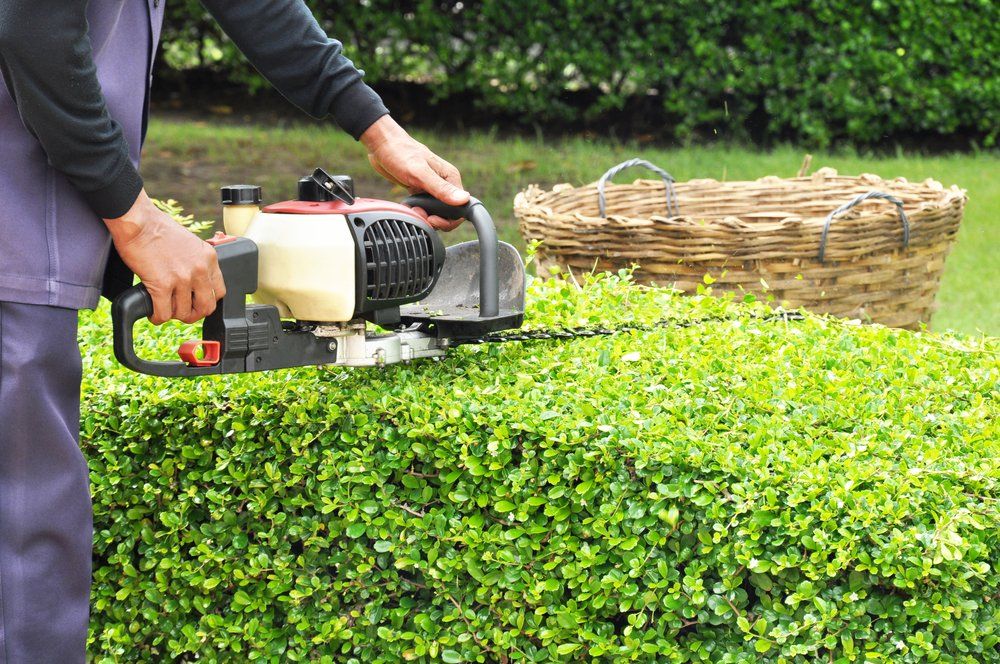Are Tenants Responsible for Lawn Care?
Are Tenants or Owners Responsible fore Lawncare?

Every homeowner knows how much hard work goes into maintaining an attractive lawn. However, if you rent out your home to a tenant, you won’t be there to maintain your lawn. So is that the tenant’s responsibility?
The answer is commonly up for debate. Some people think the property owner should take care of the lawn maintenance duties, while others believe the tenant living in the home should do it.
If you want to rent out your property to a tenant, you need to specify your preferences about lawn care in the rental agreement or lease. The documentation must indicate whose responsibility it is to care for the lawn: the landlord or the tenant.
Which choice is better? Can you really trust the tenant to care for your lawn? If you want them to maintain your lawn, you should have a conversation with them about your expectations before signing the lease agreement. Ensure they understand what kind of lawn care you expect them to execute.
Failure to execute proper lawn care strategies could result in a citation from a local municipality or a claim from a homeowner’s association.
Below are the three types of lawn care agreements you could include in your lease.
Self-Service Lawn Care Agreement
If you want your tenant to take care of all the lawn care responsibilities, you would include a self-service lawn care agreement in your lease. Then you wouldn’t have to worry about doing any of the lawn care tasks, such as weeding, watering plants, fertilizing the soil, mowing lawns, etc.
However, you must put your trust in the tenant and assume they will perform these tasks completely and on time. Otherwise, you could face harsh civil penalties from local authorities if they see your lawn is overgrown and unmaintained. And if you have a homeowner’s association, they could sue you for neglecting your lawn. So you’d need to have trust in your tenant in order to choose this agreement.
Full-Service Lawn Care Agreement
Would you rather take full responsibility for performing the lawn care tasks on your property while a tenant is staying there? If so, you should include a full-service lawn care agreement in the lease. Then you don’t have to wonder whether the tenant will do the work because you will take charge of the work yourself.
Of course, you could always hire a lawn care maintenance company to do the actual physical work, especially if you don’t live near the property to do it yourself. That way, you can have peace of mind knowing that a professional lawn care company is doing an exemplary job maintaining your lawn. But you’ll have to bear the additional expense associated with this service. So if you don’t mind the expense, it is a good option. Either that or you could include this expense in your tenant’s monthly rental costs.
A-La-Carte Agreement
Would you like to split the lawn care responsibilities between you and your tenant? An a-la-carte agreement refers to a “middle of the road” agreement where the property owner and tenant each agree to perform specific tasks to care for the lawn.
Perhaps the landlord is willing to mow the lawn once per week but expects the tenant to water the lawn every other day. In this case, the landlord may be willing to compensate the tenant by paying for a portion of their monthly water bill. This takes the pressure off both parties because they each have fewer responsibilities.
Conclusion
Choose whichever agreement works best in your particular situation. Think about the local laws and penalties regarding lawn care in your area. Read the rules of your homeowner’s association if you have one to see what they expect from you too. Most importantly, screen your tenants thoroughly if you plan to give them any responsibility for performing lawn care duties on your property.
Once you have chosen an agreement, add these terms to your lease or rental agreement. It is crucial to outline the terms in writing so that you can hold the tenant responsible if they don’t fulfill their end of the contract.
Call us if you require professional assistance managing your rental property.
Richmond Hill Property Management Blog












